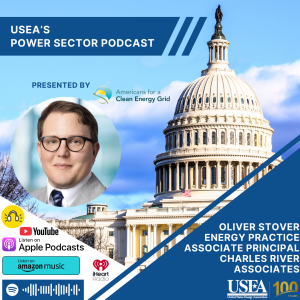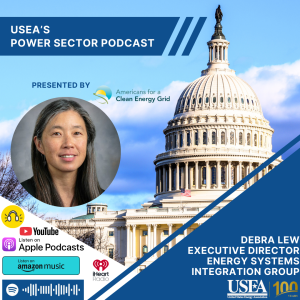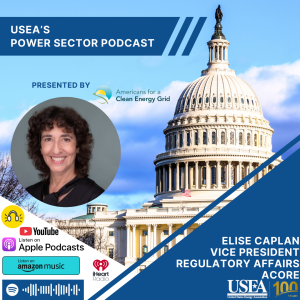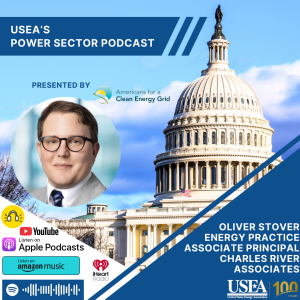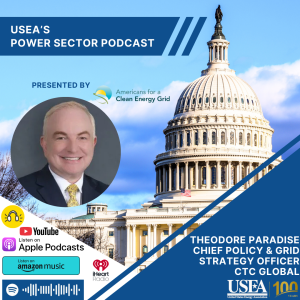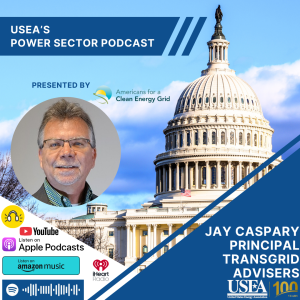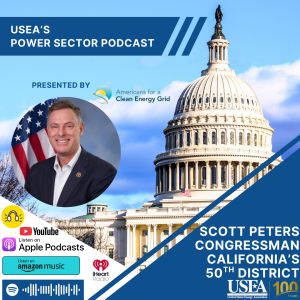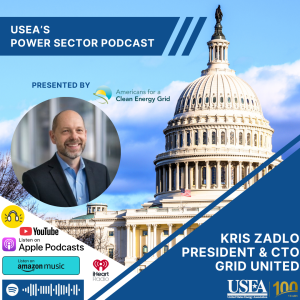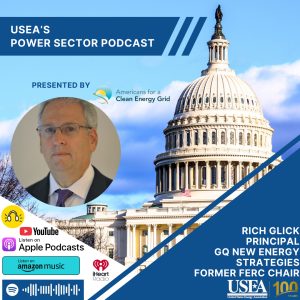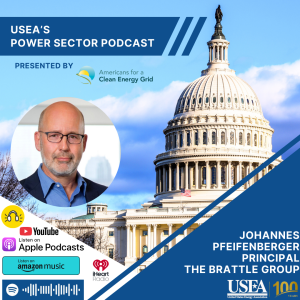- About
- Impact
-
Programs
- Energy Utility Partnership Program (EUPP)
- Promoting CONSENSUS on CCUS and Clean Fossil Energy Technologies
- Promoting International and Domestic Consensus on Oil and Natural Gas
- Energy Security Across Europe and Eurasia
- Asia EDGE: Indo-Pacific Energy Market Investment and Modernization (EMIM)
- Advancing Modern Power Through Utility Partnerships (AmpUp) Program
- Events
- News
- Library
- Membership
- More
- Donate

